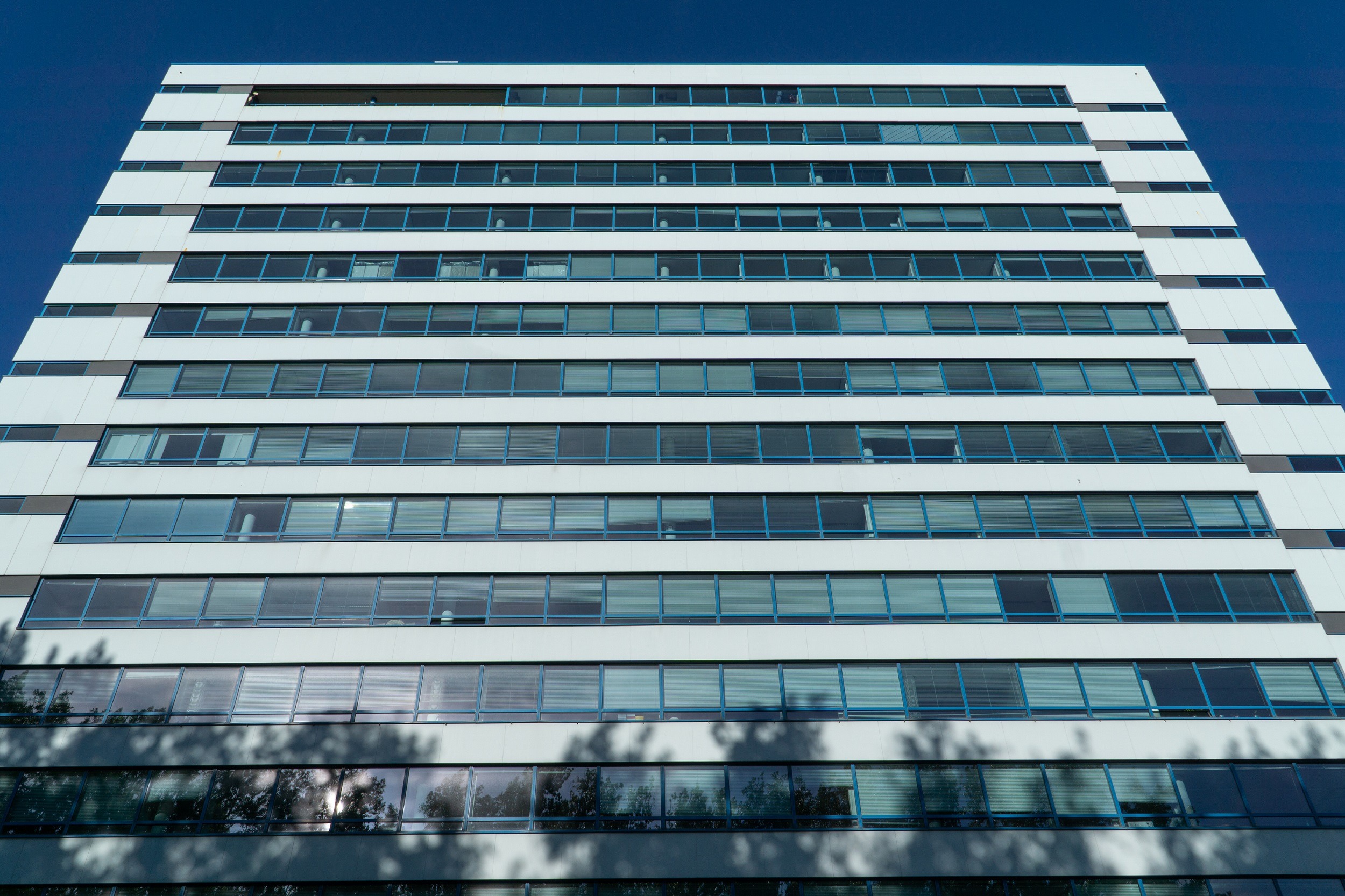At the earliest in the 2025-2026 academic year, the Aerospace Engineering bachelor degree programme will have a Dutch-English language track alongside the English one.
(Photo: Lucas de Leeuw)
To limit the inflow of international students, universities are planning (in Dutch) to either offer a Dutch language variant for each popular English language bachelor’s or revert entirely back to Dutch. What does this mean for the four English language bachelor degree programmes at TU Delft: Aerospace Engineering, Applied Earth Sciences, Computer Science and Engineering, and Nanobiology? Delta asked Executive Board Member and Vice-Rector Rob Mudde.
Mudde points out that Applied Earth Sciences and Nanobiology are small degree programmes which have so few international students that it would not make any difference to make changes. The universities’ intention to offer Dutch language tracks would then only affect ‘large’ degree programmes, even though this is not explicitly stated.
Two tracks
After completely changing from Dutch to English in 2018, the Computer Science and Engineering degree programme was flooded by international students, and in this academic year it started to offer two tracks. Computer Science and Engineering now offers an English language track and a Dutch-English language version. The latter is called Computer Science and has a numerus fixus cap of 550 students in total.
Aerospace Engineering (Faculty of Aerospace Engineering, AE) is the only degree programme where changes are likely to be made. This degree programme should have a Dutch language track. Mudde says that how this will be done is as yet not clear. “Over the last seven years or so, we have asked the Ministry of Education for criteria on what makes a degree programme Dutch. What percent of the subjects need to be given in Dutch? We do not know. This is why we are taking a pragmatic stance in the Computer Science programme where we will make some subjects Dutch and others English. So the track will not be 100% Dutch, but a mix of the two languages.”
‘Be careful about which buttons you press’
Mudde believes that this could also be an option for the new Aerospace Engineering track. “We are heading in this direction. Students will need to have a command of the Dutch language and will have to learn to write reports in Dutch.”
But which subjects will actually be given in Dutch depends on the teacher. “We have quite a lot of international staff. They rarely have enough of a command of Dutch to teach in it, and we need to keep the quality of the programme high. By the way, not even one of our Dutch bachelor degree programmes is completely in Dutch. Student assistants and PhD candidates often help with teaching and they are often international,” says Mudde.
Problems
The Executive Board member says that TU Delft has heard society’s call for fewer international students clearly. “There are other issues as well, such as a shortage of housing. But be careful about which buttons you press. Our Electrical Engineering degree programme is given in Dutch, but is in English elsewhere. If you make it Dutch everywhere, the industry would fall to pieces.”
Most TU Delft bachelor degree programmes are given in Dutch. The populair Mechanical Engineering degree programme is one example. Mudde explains that TU Delft had ‘never really’ considered changing this. “You can do this kind of bachelor degree programme in several places in the world, and there is much interest among Dutch language students.”
There are other considerations for Aerospace Engineering. Mudde says that it is the only degree programme of its type ‘within a very wide radius’ and ‘this shrinking field (where students come to work, Eds.) is super international’. For him, reverting completely back to Dutch is not an option.
A new track would not be able to start before the 2025-2026 academic year and the deadline for registering for this capped degree programme is even 15 January. The selection for the next academic year has thus already started.
Back to the past
If the Aerospace Engineering bachelor’s programme will have two tracks again in the near future, the Dutch-English variant will be open only to students who are proficient in Dutch, just like in Computer Science and Engineering.
It would not be the first time the bachelor’s programme consisted of two tracks. In 1999, the programme launched an English-language variant alongside the Dutch one. The former attracted fewer and fewer students over the years, as almost all interest was in English, even among Dutch students.
Programme director Joris Melkert recalls that the Faculty took the decision to discontinue the Dutch-language track on “very insistent” advice from the review committee. In 2014, the last batch of students started the Dutch-language track.
Do you have a question or comment about this article?
s.m.bonger@tudelft.nl


Comments are closed.